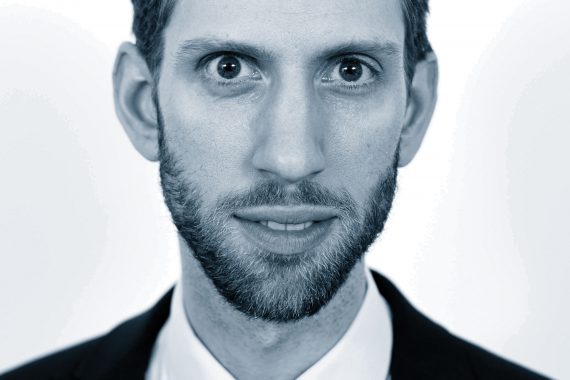It is a relief to report a positive development, and the deal agreed by NHS England and the BMA looks like good news.
The bureaucratic monster that was the Avoiding Unplanned Admissions DES is slayed, replaced by a less onerous contractual requirement to conduct regular reviews in the frail elderly and the money reinvested in core work.
There are some moves to cover some major practice expenses, with funding released to cover all CQC fees (worth around £5k for the average practice) and £30m payment towards rising GP indemnity fees.
A surprise is the guarantee that all practices will get the entitlement to have cover reimbursed when a GP is off sick; a welcome move to support practices at what can be a very difficult time.
It will be a relief to practices that any new work is kept to a minimum, with the new frailty checks detailed above and a requirement to take part in audits of retired QOF indicators and the National Diabetes Audit. The introduction of checks on entitlement for free NHS care – for all patients at registration – is funded with a £5m boost, and NHS England will invest another £2m for the increases in workload caused by Capita’s new ‘bag and barcode’ GP record collection service.
I apologise for the cliché, but this is overdue recognition that new work should attract new money. Long may it continue.
The only visible sting in the tail is a loss of funding for practices that close in core hours and are under the extended hours DES. Aside from this, the small print of the deal looks sensible, and that – in usual times – would be a cause for celebration.
But one major detail is missing. The GPC says it has secured enough of a uplift in core funding to guarantee a pay rise for GPs of 1%, but we are yet to learn precisely how this will be achieved. Last year saw an overall uplift in funding of 3.2%, but GP partners still report to us that they have seen a 4% decrease in drawings. Inflation is rising, and it remains to be seen if that will be reflected in a commensurate increase in core funding. This will be the big test of the whole deal.
And I set three tests for this deal last week and it fails on the third. Despite NHS England promising to consider the GPC’s proposed limits on GP workload and longer appointments, neither make an appearance here. We understand these are still under negotiation.
My verdict thus far? A sensible deal, with much to commend, but not a game-changer.
Nigel Praities is editor of Pulse
Update: The final uplift was announced on 09/02/17. It will see a 3.3% overall uplift, with 2.3% allocated for expenses. So, a significant investment into general practice, but only a 0.1 percentage point rise on the uplift announced last year.

















